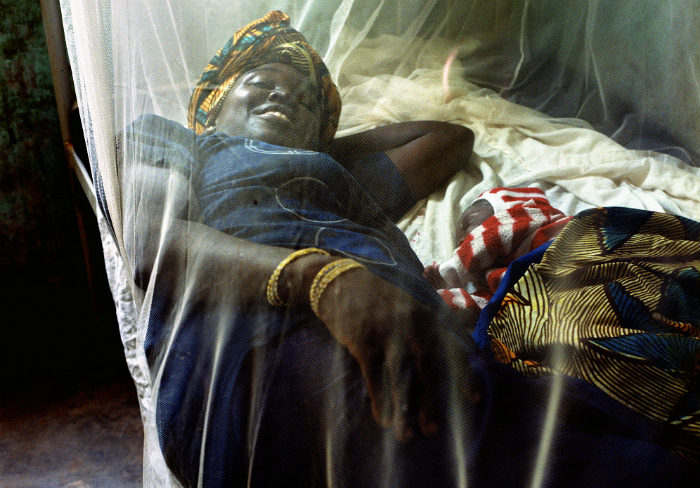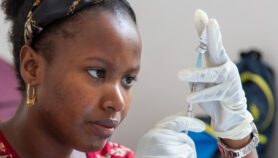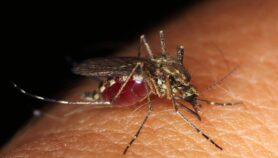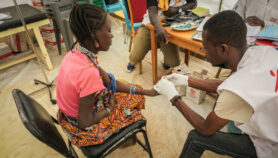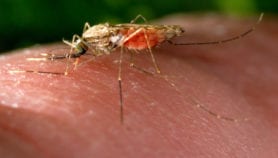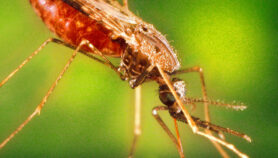By: Amy Balog
Send to a friend
The details you provide on this page will not be used to send unsolicited email, and will not be sold to a 3rd party. See privacy policy.
A new antimalarial compound may be able to both treat current infections and protect against future ones, according to a study published yesterday in Nature.
Just one dose of the compound could be used to fight malaria infections in patients and increase their immunity against the parasite, according to the researchers. Kevin Read, a researcher at the University of Dundee’s Drug Discovery Unit in the United Kingdom and one of the leaders of the study, says clinical trials of the compound should begin within a year.
“The chemical compound of this potential drug is different from any other antimalarial compound in that it interacts at many different stages of the parasite life cycle.”
Colin Sutherland, London School of Hygiene & Tropical Medicine
If these are successful, the team hopes the drug will be available in five to six years.
“The compound interferes with some of the machinery involved in protein synthesis in the parasite at different stages of its life cycle,” Read says. As the chemical remains active for a very long time within the body, he adds, it could also become a protective agent, preventing healthy people from contracting the disease.
Malaria kills more than half a million people a year, according to the World Health Organization, mostly children under five years of age. The WHO reports that progress in medical research, coupled with better prevention, has nearly halved malaria deaths since 2000.
But the emergence of drug-resistant parasites is an increasingly pressing issue, signalling a need for novel treatments, Read says.
The compound, currently named DDD107498, was originally discovered in 2010. Since then, it has undergone testing along with dozens of other potential antimalarial compounds as part of the Medicines for Malaria Venture, a public-private partnership that includes the University of Dundee.
“The compound is currently going through the final stages of preclinical safety testing,” Read says.
According to the researchers, the compound would be used with an existing antimalarial drug to protect against the spread of resistance. Since the compound is fairly simple to make, Read says that one dose of the final product should cost about US$1, similar to existing treatments.
Colin Sutherland, who heads the immunology and infection department at the London School of Hygiene & Tropical Medicine, United Kingdom, says the malaria parasite’s complex life cycle makes it difficult to find a drug that is effective at every stage.
However, Sutherland also sounds a note of caution: “There is a lot of work to be done before this can be formulated into a usable drug — and it still may fail at some stage — but this initial preclinical work is very encouraging.”
References
B. Baragaña and others A novel, multiple stage antimalarial agent that inhibits protein synthesis (Nature, 17 June 2015)
World malaria report 2014 (WHO, December 2014)


